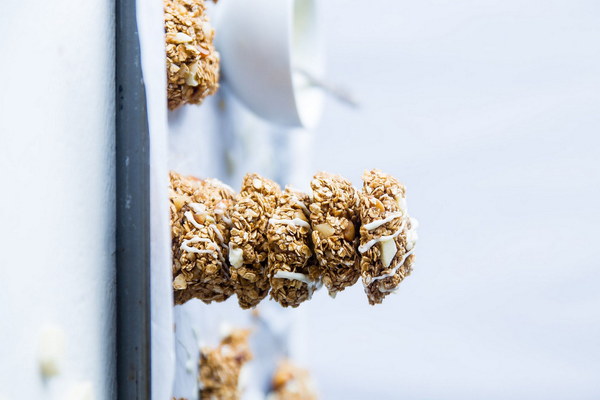Hydration for Kidney Health Unveiling the Benefits of Water Intake
Introduction:
Water, often referred to as the elixir of life, plays a crucial role in maintaining our overall health. While most people are aware of the importance of staying hydrated, few are aware of its direct impact on kidney health. The kidneys, vital organs responsible for filtering waste products and maintaining fluid balance in the body, can greatly benefit from adequate water intake. In this article, we will explore the science behind drinking water for kidney health and its numerous advantages.
1. The Role of Kidneys in the Body:
The kidneys are located in the lower back and are responsible for several critical functions, including filtering waste products from the blood, regulating fluid balance, and maintaining electrolyte levels. Adequate hydration is essential for these processes to occur efficiently, as it helps in diluting the urine and preventing the formation of kidney stones.
2. Benefits of Drinking Water for Kidneys:
a. Improved Kidney Function: Proper hydration aids in the kidneys' ability to filter waste products effectively, reducing the risk of kidney disease and improving overall kidney function.
b. Reduced Risk of Kidney Stones: Dehydration increases the concentration of minerals and salts in the urine, leading to the formation of kidney stones. Drinking enough water helps dilute these substances, minimizing the risk of stone formation.
c. Lower Risk of Chronic Kidney Disease: Chronic kidney disease (CKD) is a progressive condition that affects millions of people worldwide. Adequate water intake has been linked to a reduced risk of developing CKD, as it helps in maintaining kidney health.
d. Enhanced Detoxification: Water aids in the elimination of toxins from the body, which is essential for kidney health. Regular hydration supports the kidneys in their detoxification process.
e. Improved Blood Pressure: Proper hydration helps in maintaining normal blood pressure levels, which is crucial for kidney health. High blood pressure can damage the kidneys and lead to kidney disease.
3. Recommended Daily Water Intake:
The recommended daily water intake varies depending on factors such as age, sex, climate, and physical activity levels. However, a general guideline is to consume at least 8 to 10 glasses of water per day. It's important to note that this includes all fluids, not just water, such as juices, teas, and other beverages.
4. Tips for Staying Hydrated:
a. Carry a reusable water bottle: Having a water bottle with you at all times can help remind you to drink water throughout the day.
b. Set reminders: Use your phone or a smartwatch to set reminders to drink water at regular intervals.

c. Flavor your water: Adding slices of lemon, cucumber, or mint can make water more appealing and encourage increased consumption.
d. Monitor your urine color: A light yellow urine color indicates good hydration levels, while a darker color may suggest dehydration.
e. Adjust intake based on climate and activity: On hot days or during intense exercise, you may need to drink more water to compensate for increased fluid loss.
Conclusion:
Drinking water is not only essential for maintaining overall health but also plays a significant role in kidney health. By understanding the benefits of adequate hydration, individuals can take proactive steps to support their kidney function and reduce the risk of kidney disease. Remember to stay hydrated, monitor your urine color, and adjust your fluid intake based on your needs. By incorporating water into your daily routine, you can ensure that your kidneys stay healthy and perform optimally.









